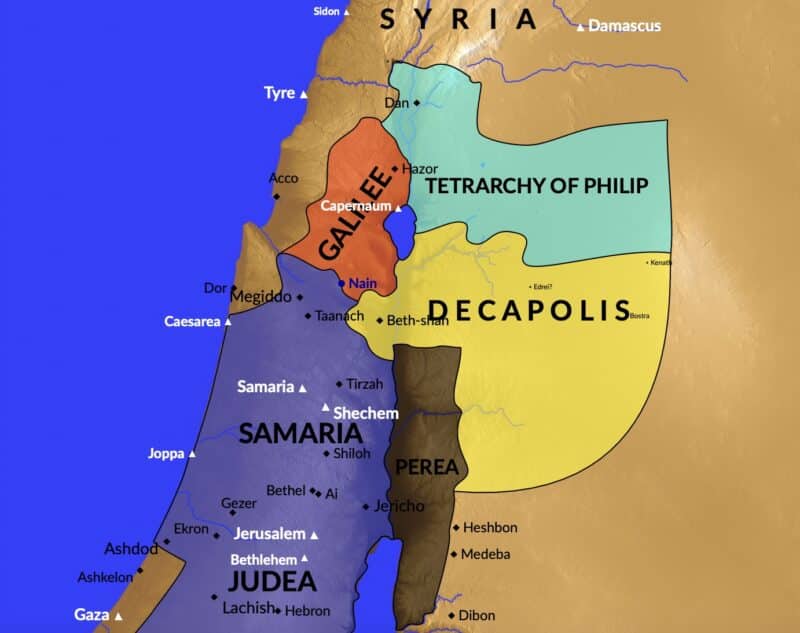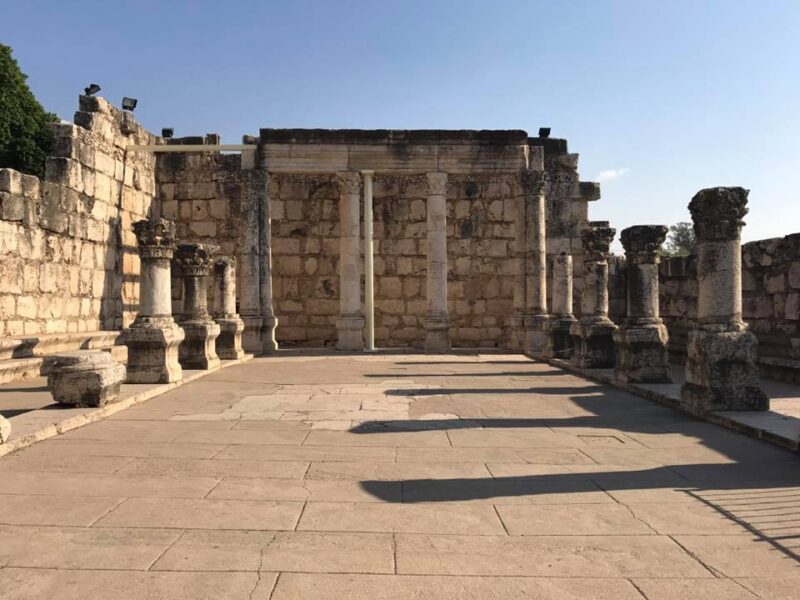November 3, 2024
Luke 7:1-17
Just Say the Word
Luke 7 opens with two remarkable encounters that reveal Jesus as both mighty and merciful. The first account features a Roman centurion whose servant is near death. He sends a request for Jesus to come and heal his servant. In the second encounter, Jesus meets a grieving widow who has just lost her only son and is walking along with the funeral procession. How does Jesus respond in these two situations? And what do these moments reveal about His authority and compassion?
Join Pastor Jim as he guides us through these two astonishing accounts, carefully researched and recorded by the good Dr. Luke.





